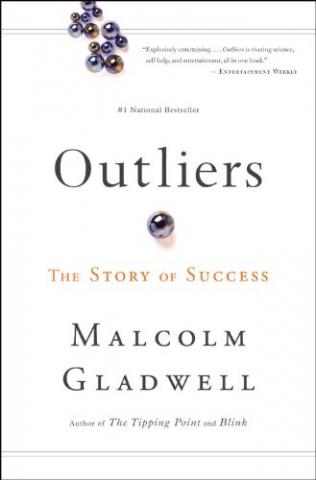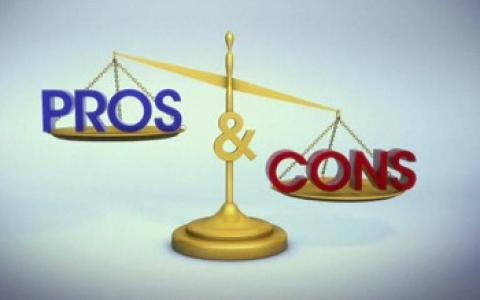The Trouble with Geniuses from Malcolm Gladwell's Outliers: The Story of Success
Aug 15,2016
I am currently reading Outliers: The Story of Success by Malcolm Gladwell. In chapters 3 and 4 discussing The Trouble with Geniuses, Gladwell indicated that IQ is important only up to a threshold. Gladwell cites studies done by Arthur Jensen that indicate the IQ level needed to successfully attend and graduate from undergraduate college is 115, after which Jensen believe IQ becomes relatively unimportant. For comparison, Albert Einstein, a well-known and commonly agreed upon genius, had an IQ of 150. Studies by Liam Hudson indicate that, “a mature scientist with an adult IQ of 130 is as likely to win a Nobel Prize as is one whose IQ is 180.”
What can we learn from this? Sure it is nice to read anecdotes of a friendly attempted murder scientist and a bookwork horse rancher (referring here to Robert Oppenheimer and Chris Langan). If we read something without trying to extract some wisdom to apply to our everyday life, then it is just entertainment with little value.
Gladwell indicated that analytical intelligence, such as IQ, is an innate skill mostly attributed to our genes. However, practical intelligence is learned. What is practical intelligence? Robert Sternberg, psychologist, says that it includes, “knowing what to say to whom, knowing when to say it, and knowing how to say it for maximum effect.” Gladwell indicated that it is, “knowledge that helps you read situations correctly to get what you want.” I believe someone with practical intelligence has high social skills, so-called street smarts, and high emotional intelligence. I find peace of mind in knowing that practical intelligence is learned. Gladwell says it is procedural and develops from family. I believe it also develops from ones experiences through friends, peers, coworkers, and culture. This is something that we can improve upon.
Most of us reading this have graduated from college and have an IQ of (at minimum) around 115. We are very close to the IQ threshold where a higher IQ does not really make a difference in success, but higher practical intelligence can make us more successful individuals. From reading this book, I intend to increase my practical intelligence (for example by learning what to say to whom at the right time in the most effective manner).
Source:






